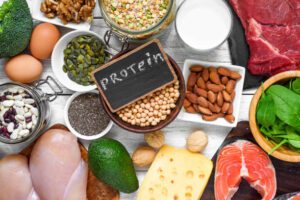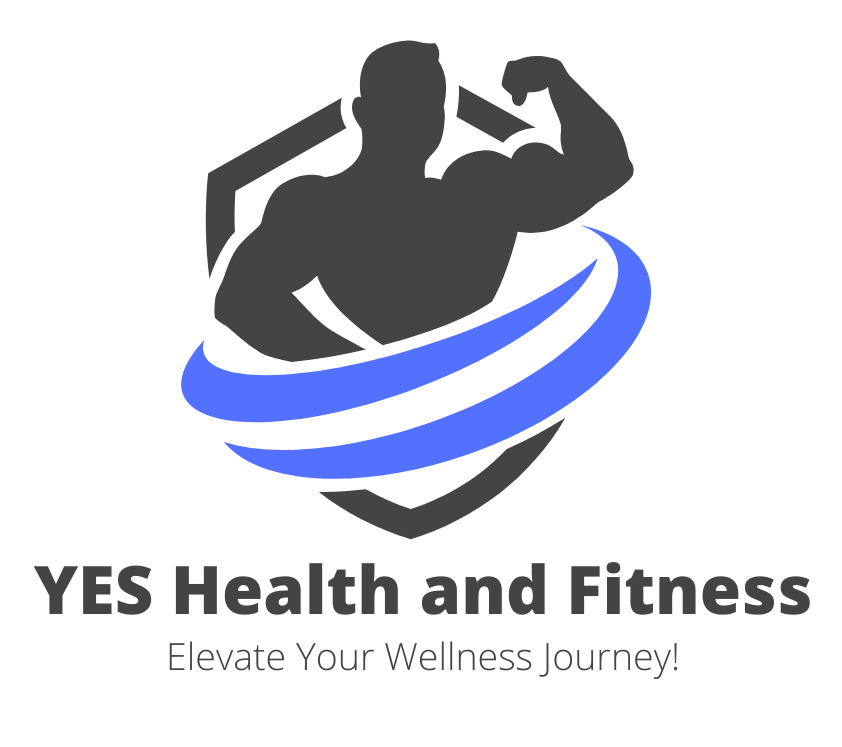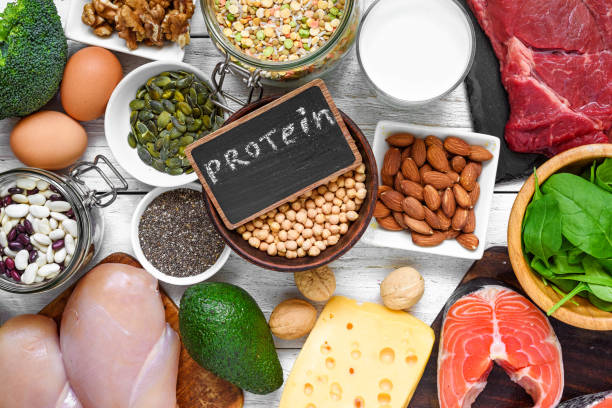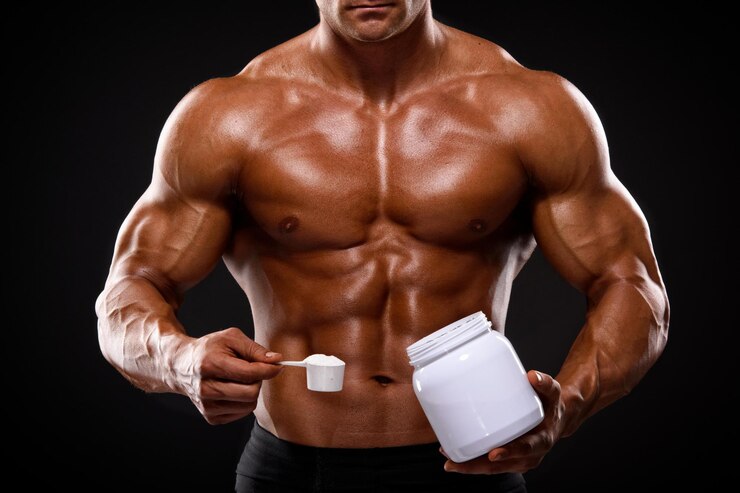Introduction:
If you are looking for “Is Eating Too Much Protein Harmful or Not?” then you have come to the right place Let’s Learn. The importance of nutrition cannot be overstated in the ever-changing realm of fitness and health. Consuming protein is one subject that has attracted a lot of attention. Although protein is necessary for both the development of muscle and general health, the question of whether consuming too much protein is harmful or not arises. We will examine the complexities of protein consumption, examine any potential risks, and expose the truth behind the hype in this extensive blog.

1: The Importance of Protein in Health and Fitness
Protein is the building block of hormones, tissues, muscles, and enzymes. Anyone hoping to reach their ideal levels of fitness and health must comprehend its importance. The various roles that protein plays and how important it is to maintain an active lifestyle will be discussed in this section.
2: The Myth of “More is Better”
While there’s no denying the importance of protein, it’s a common misconception that higher protein intake leads to better outcomes. We will explore the science underlying the need for protein while addressing the drawbacks of the fitness community’s “more is better” mentality.
3: Potential Health Risks of Excessive Protein Intake
An excess of protein consumption may be harmful to your health. We will look at the possible drawbacks of consuming too much protein, such as kidney strain and gastrointestinal problems. Maintaining adequate protein intake while avoiding the negative effects of overconsumption requires careful consideration.
4: The Impact on Kidney Health
The idea that consuming too much protein could strain the kidneys is widely held. To separate fact from fiction, this section will examine the relationship between protein consumption and kidney health. It is important to comprehend the subtleties for individuals who want to maximize their protein intake without sacrificing the health of their kidneys.
5: Protein and Weight Management
Protein has a variety of functions in the regulation of weight. We will examine how protein affects body composition, from appetite regulation to metabolic enhancement. For those looking to lose weight or gain lean muscle mass, understanding the complexities of protein’s effect on weight management is crucial.
6: Balancing Protein with Other Nutrients
It is necessary to balance macronutrients to have a well-rounded diet. The significance of not undervaluing other nutrients while concentrating on protein intake will be emphasized in this section. A comprehensive approach to nutrition guards against potential imbalances and guarantees general health.
7: Common Myths and Misconceptions
There are many falsehoods in the realm of fitness and health regarding protein intake. Common misunderstandings will be dispelled in this section, along with information on things like protein sources, absorption rates, and the alleged risks associated with particular foods high in protein.
8: Tailoring Protein Intake to Individual Needs
The best amount of protein to consume depends greatly on an individual’s variability. The reading level, age, and fitness objectives are just a few of the variables that will help readers determine their requirements. Individualized and successful approaches are guaranteed when protein intake is tailored to meet specific needs.
9: Setting the Bar
Finding the ideal daily intake of protein is crucial, even though it’s a necessary component. We’ll look at suggested guidelines that consider age, gender, and degree of activity to figure out how much protein is best for different people.
10: The Impact of Excessive Protein Intake
Can an individual have too much of a positive thing?Overindulging in protein can be expensive and possibly harmful to your health. We will examine the effects of high-protein diets on various organs, including the kidneys, and investigate the scientific basis for any possible adverse effects.
Conclusion
We’ve sifted through the advantages, dangers, and misconceptions surrounding this crucial macronutrient in this in-depth investigation of the connection between protein consumption and fitness and health. Moderation and individualization are crucial in nutrition, just like in other areas of life. Understanding the function of protein is an essential step on the path to achieving optimal health and fitness, which is a delicate balance.
FAQs
Q1: Is there a universal recommended daily protein intake, or does it vary by individual?
A: Protein requirements do vary based on factors such as age, weight, activity level, and fitness goals. While a general guideline exists, individual variations should be considered for optimal results.
Q2: Can excessive protein intake lead to kidney damage?
A: While the risk of kidney damage is often overstated, individuals with pre-existing kidney conditions should consult healthcare professionals. For most people, moderate protein intake is unlikely to cause harm.
Q3: How does protein intake impact weight loss or muscle gain?
A: Protein plays a crucial role in both weight loss and muscle gain. It helps in preserving lean muscle mass during weight loss and supports muscle growth when combined with resistance training.
Q4: Are there specific foods that are superior sources of protein?
A: Protein-rich foods include lean meats, poultry, fish, eggs, dairy products, legumes, and plant-based sources like tofu and quinoa. A varied diet ensures a spectrum of essential amino acids.
Q5: Is it possible to consume too much protein from natural food sources alone?
A: It is challenging to consume excessive protein from whole foods alone, as they come packaged with other essential nutrients. However, it’s crucial to monitor overall nutrient intake for a well-rounded diet.
Q6: How does protein impact metabolism?
A: Protein has a thermic effect, meaning the body expends energy to digest and process it. This can contribute to a higher metabolic rate, supporting weight management goals.
Q7: Can athletes or bodybuilders benefit from higher protein intake?
A: Athletes engaged in intense training may have higher protein requirements to support muscle repair and growth. However, excessive protein intake beyond specific needs may not provide additional benefits.
Final Thoughts
It is impossible to overestimate the importance of protein in your diet, regardless of whether you are an athlete, fitness enthusiast, or someone just looking to live a healthier lifestyle. You can use protein to help you achieve your fitness objectives without sacrificing your general health if you find the correct balance and keep yourself informed. Keep in mind that getting enough protein is important, but so is incorporating it into a larger nutritional plan.
With the information provided in this extensive guide, you should be able to make well-informed decisions regarding the amount of protein you eat and how it will affect your overall fitness and health. May your dedication to sustainable practices and holistic well-being serve as a compass as you make your way through the confusing world of nutrition. To a fitter and healthier you!




2 thoughts on “Is Eating Too Much Protein Harmful or Not?”